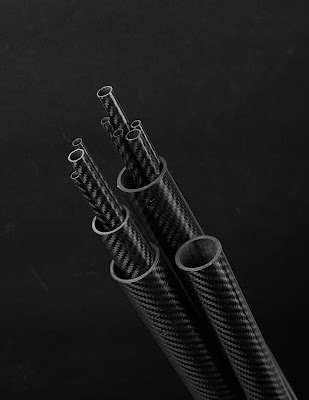Do’s and Don’ts of Using Carbon Fiber Strengthening Materials

Carbon fiber is reputed for weight-to-strength ratio that works exceptionally well in areas where you need strength without compromising on weight. Replacing traditional materials across industries, carbon fiber products are game-changing. Lending its positive attributes, especially its high tensile strength, carbon fiber strengthening materials, CFRP for short is an ideal material for reinforcing structures. Use of Carbon Fiber in Strengthening Materials Structural strengthening requires material that have a high strength-to-weight ratio, exceptional stiffness for precise control over structural deflection and vibration damping and also corrosion resistant. Carbon fiber products have these qualities but despite its many advantages, they have some limitations. Most importantly the application of the innovative composite for strengthening structures comes with a list of do’s and don’ts. If you are using carbon fiber laminate sheets to enhance the structural load-carrying capacity,




